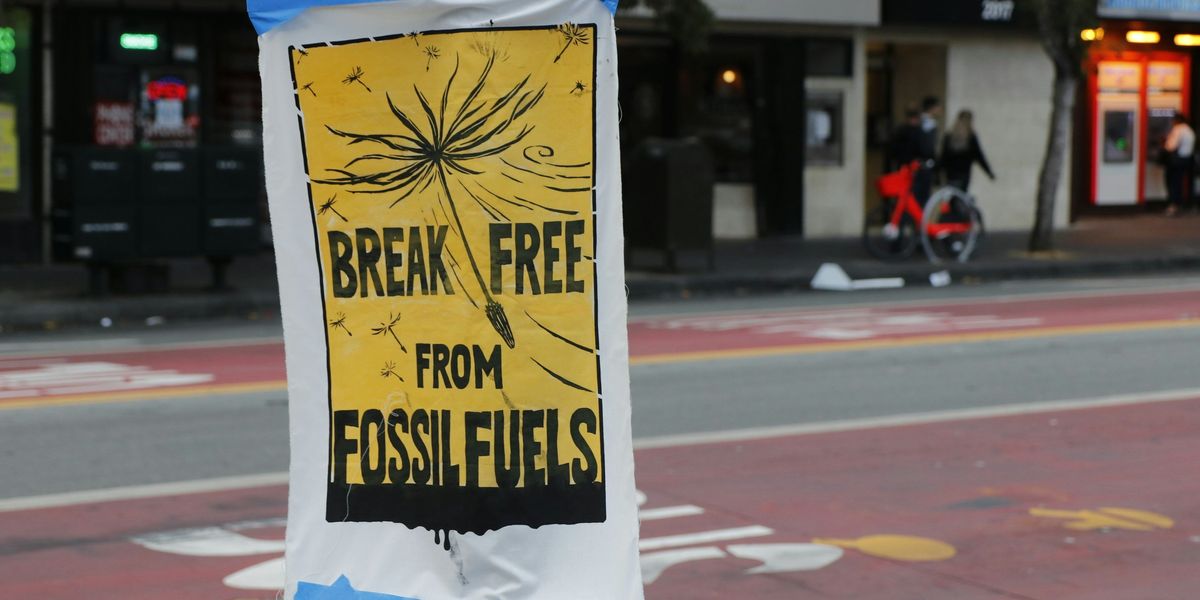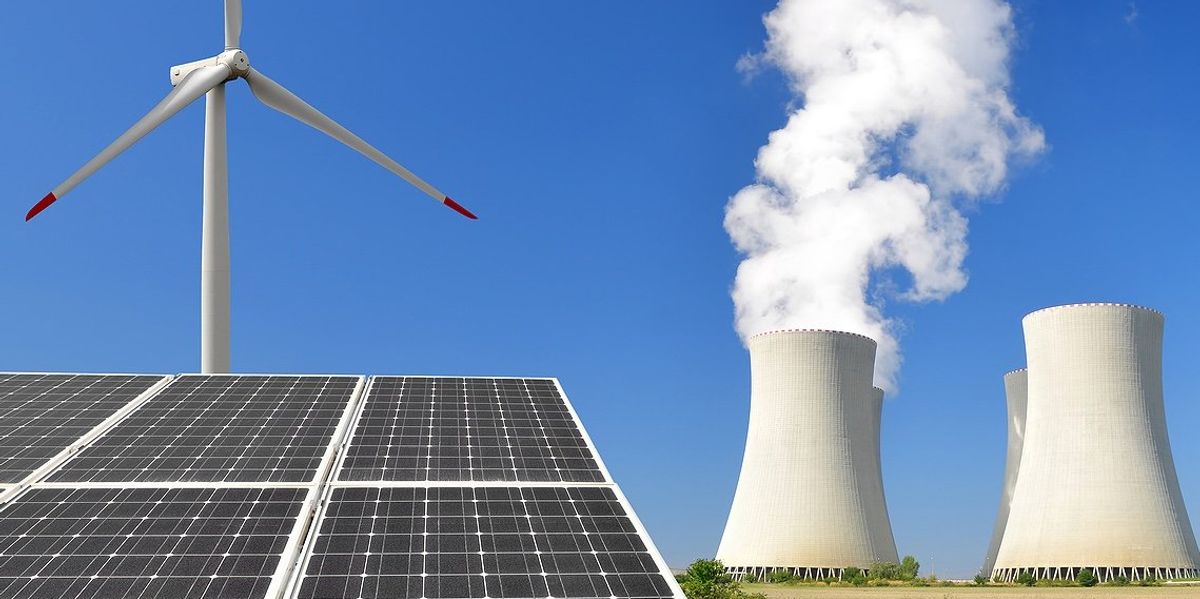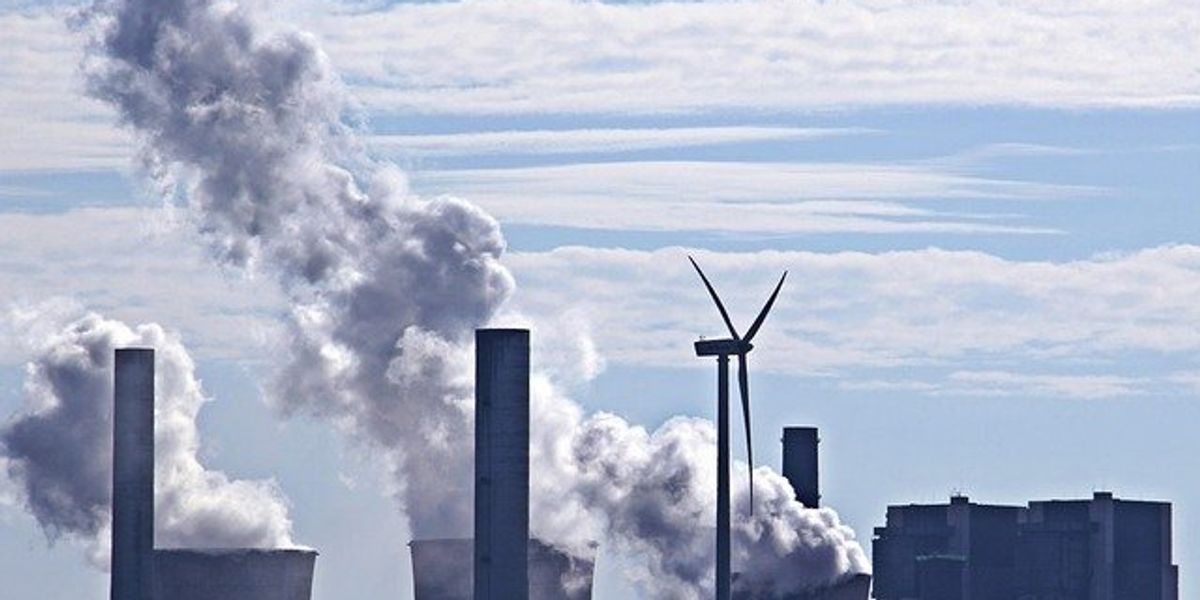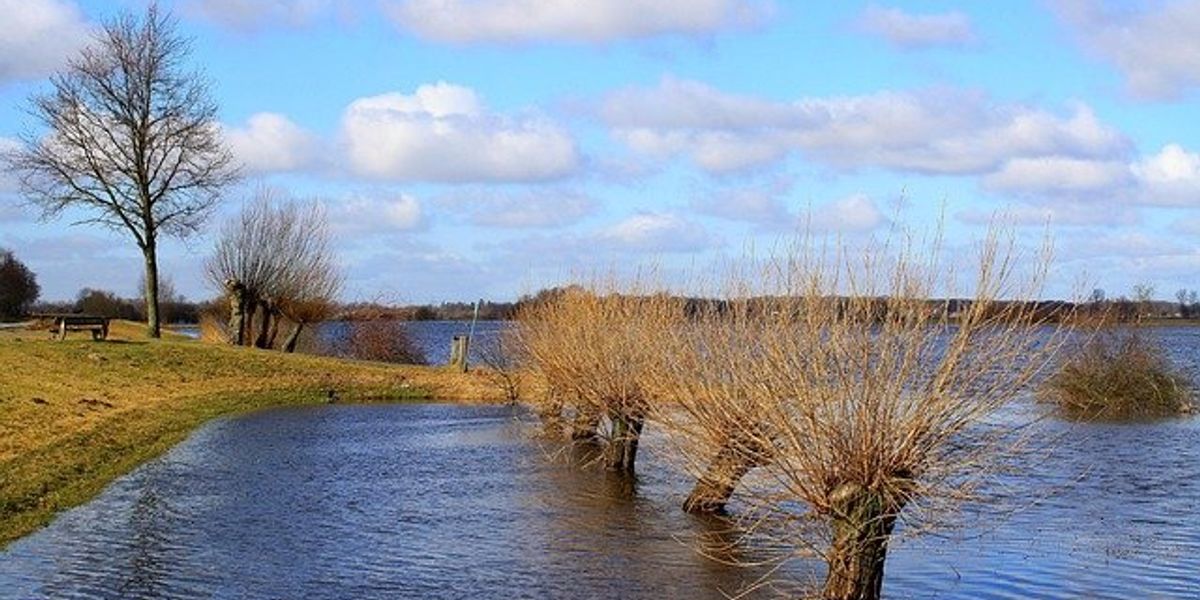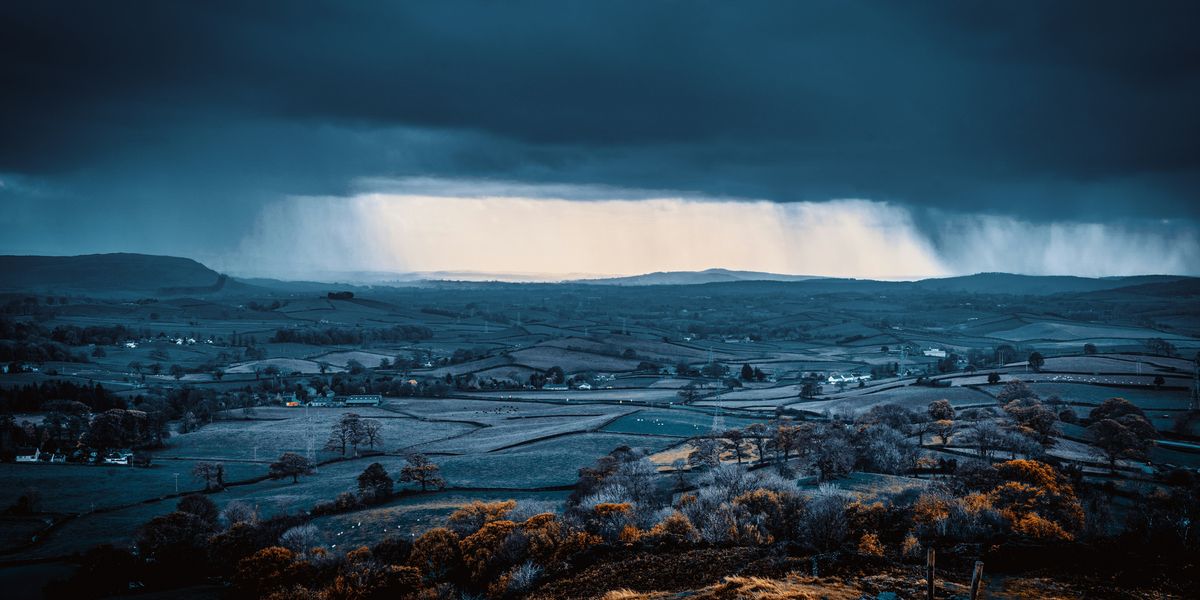
Credit: Virrage Images/Big Stock Photo
11 December 2024
Heat pumps could save lives and billions with cleaner energy
Replacing gas-powered home appliances with electric heat pumps could prevent thousands of deaths annually and significantly reduce energy costs, a new analysis finds.
Cara Buckley reports for The New York Times.
In short:
- A Rewiring America study finds switching to heat pumps and electric appliances could cut greenhouse gas emissions by 400 million metric tons annually.
- This shift could prevent 3,400 premature deaths and 220,000 asthma attacks per year while saving $60 billion in energy costs.
- Health benefits depend on electricity sources, with cleaner grids maximizing pollution reductions.
Key quote:
“Just swapping out appliances, it’s eye-opening in terms of the significant impacts.”
— Wael Kanj, senior research associate, Rewiring America
Why this matters:
Burning fossil fuels for heating and appliances worsens outdoor air quality, increasing respiratory and cardiovascular risks. Moving to electric appliances, combined with cleaner power sources, offers an effective way to improve public health and reduce carbon emissions.
Related EHN coverage: Climate change: For big emissions reductions, we need to think small


